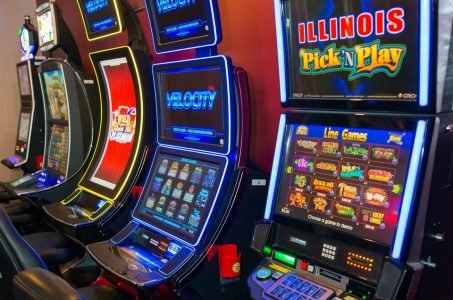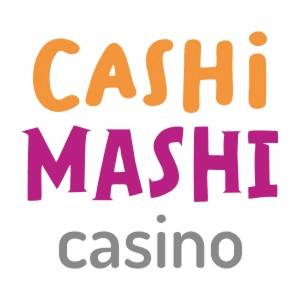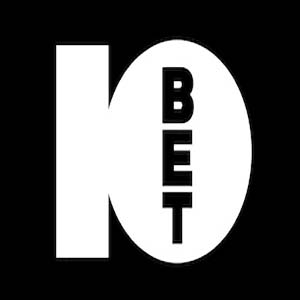
FEEL THE REAL GAME AND BECOME A WINNER AT OUR TOP CASINOS
A consortium of Indiana business groups has joined forces to legalize video gaming terminals in bars and truck stops across the state.
Proponents claim it would create up to $165 million in revenue annually and help state and local governments fund infrastructure projects as well as create new jobs across Indiana.
The Video Gaming Terminal Coalition has produced a video that provides details of its proposal. The coalition includes organizations supporting coin-operated amusement machine operators, bars and taverns, truck stops, and bowling allies.
The machines would be capped at a $2 maximum bet per play, with payouts not exceeding $599. They want the terminals in bars and truck stops. Only adults 21 and older could play, with truck stops establishing dedicated areas to ensure no minors would bet. Licensed locations would also have voucher redemption units where players can cash out their winnings.
The Indiana General Assembly is scheduled to start its 2021 session on Jan. 11 and run through April 29.
However, according to the legislature’s website, no lawmaker has prefiled a bill to legalize VGTs.
Look to Illinois
Supporters say Indiana needs to only look across the border to see how terminals have helped communities and created jobs.
Bob Willenborg of J&J Ventures Gaming is interviewed in the video and said the Illinois law that legalized VGTs was probably “the largest small business initiative” ever passed in the state. He cited an industry-backed study that claimed the gaming expansion created and saved 25,000 jobs in the state.
The Illinois law allows licensed businesses to host up to five machines per location. Licensed vendors operate and maintain the gaming terminals.
It is a very positive program,” Willenborg said. “It provides lots of opportunities. It creates jobs. It retains jobs.”
J&J Ventures is an Illinois-based company that operates VGTs in Illinois and Pennsylvania. It also provides coin-operated amusements, such as pool tables, darts, jukeboxes to businesses in Kentucky and Indiana.
On its Indiana page, J&J says licensed establishments in Illinois are getting up to $80,000 annually through VGTs.
VGTs vs Casinos
Those who support VGTs say the terminals would provide economic benefits to all the counties that choose to participate. At the present time, supporters say only the 11 counties with casinos receive that kind of benefit. In addition, they say the machines would also help bars and other licensed venues attract new customers.
However, the proposal likely won’t be the only gaming initiative state lawmakers consider when they reconvene in Indianapolis later this month.
Casino representatives are likely to push iGaming, which would allow them to offer slots and table games online. Presently, mobile casino gaming is available in New Jersey, Delaware, Pennsylvania, and West Virginia. Michigan has passed a law allowing the games and plans to authorize their release sometime this month.
Indiana iGaming would follow in the footsteps of mobile sports betting, which has been hugely popular. Since major sports resumed in the summer after COVID-19 shut down operations for months, sportsbooks in Hoosier State have reported steady growth.
In November, the Indiana Gaming Commission reported a total sports betting handle of $251.4 million. Mobile apps accounted for 85 percent of those dollars wagered.
Online casino gaming would not only allow bettors to play games on their device anywhere within in Indiana, it also would provide a secondary revenue stream for casino owners. Last year, the state’s licensed casinos lost millions of dollars in revenue from their three-month COVID shutdown last spring.
Source: Casinoorg


















